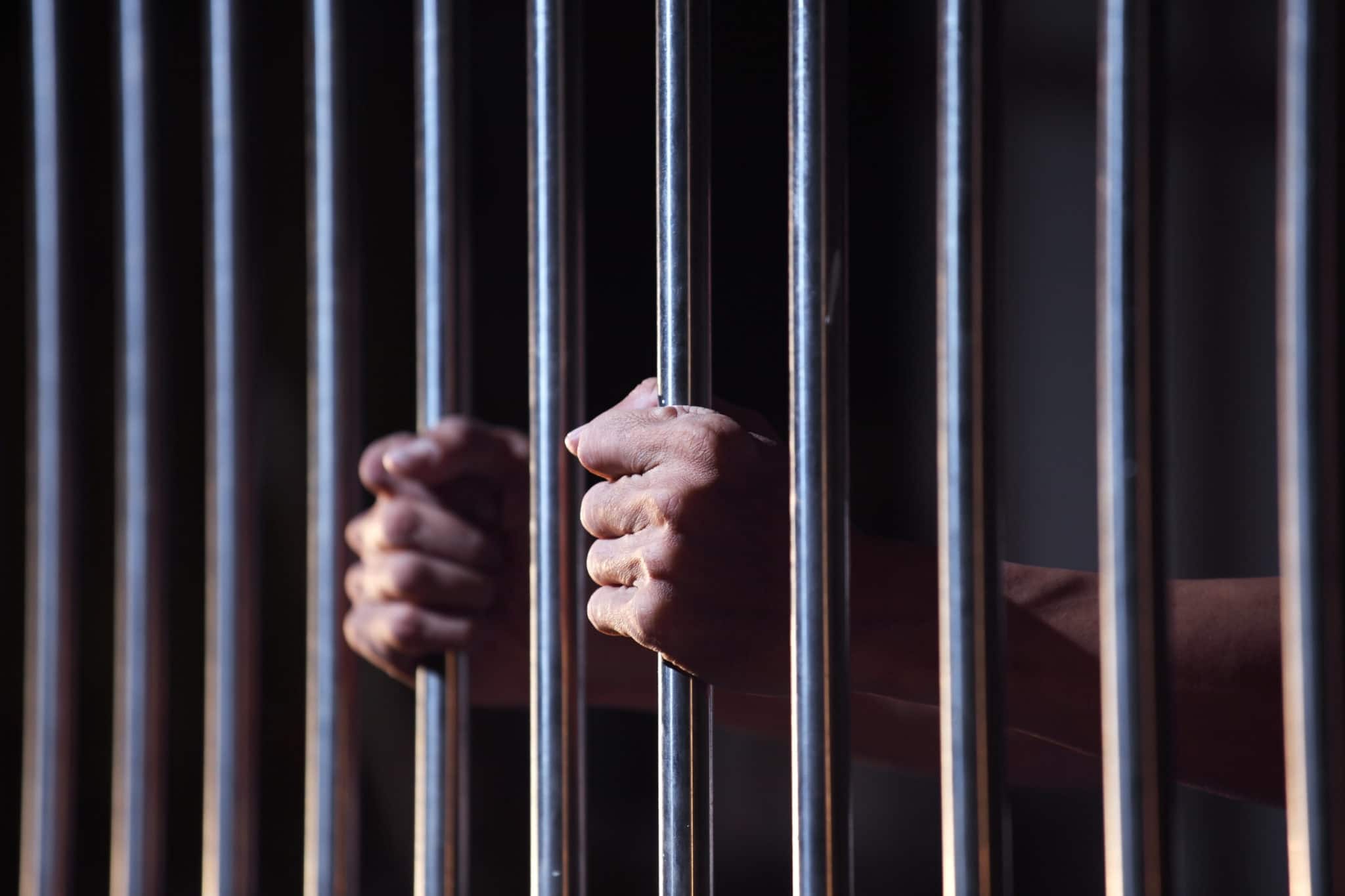How Mandatory Minimums for Drug Trafficking Work in Illinois
Being charged with possession of illegal substances is not something to be taken lightly, but it could land you in especially hot water if you’re convicted in the state of Illinois.
Why? Because Illinois courts enforce mandatory minimum sentences for drug trafficking, and you can be charged with drug trafficking based on the amount of substance in your possession (even if you didn’t intend to distribute it) due to state laws.
Often associated with federal courts and accused of targeting poorer communities, mandatory minimums give judges little autonomy in the sentencing of a crime. Instead, they require a predetermined amount of jail time regardless of your previous record or the details of your case.
In our state, it is important to know that the amount and classification of the illegal substance in question could mean the difference between a possession and trafficking charge — which greatly impacts the type, length, and severity of your charges, sentence, and fines.
Illinois’ Classification of Controlled Dangerous Substances
Our state uses a classification system for controlled dangerous substances that divides drugs into “schedules.” These schedules range from one to five based on severity and their potential for abuse (with schedule one substances being the most severe). The type of drug, coupled with the amount in your possession at the time of arrest, heavily impacts the charges and penalties you will face.
Of course, the drug schedule classification system doesn’t determine everything. In fact, the state of Illinois takes a mixed approach. While some CDS crimes are classified by schedule, others are based on the specific type of drug involved.
This can lead to confusion and uncertainty in terms of expected sentences, especially if you are charged with trafficking in addition to possession. Remember, it is possible to be charged with drug trafficking simply based on the amount of CDS in your possession at the time of arrest.
Take, for example, marijuana. Under current laws, it is legal to possess 30 grams or less of marijuana in our state. However, possessing more than 5,000 grams carries a mandatory minimum sentence in Illinois if distribution or sale can be proven in court.
Drug Distribution Charges and Penalties in Illinois
The Illinois Controlled Substances Act defines drug distribution as knowingly bringing a controlled substance into the state for the “purpose of delivery or with the intent to deliver it elsewhere.” These types of crimes are charged as Class X, 1, 2, or 3 felonies, with Class X covering the most severe offenses.
If convicted of drug trafficking, the act requires a judge to sentence the guilty party to a prison term with no less than twice the minimum but also no more than twice the maximum, and in the case of multiple offenses, additional minimum or maximum consecutive or concurrent sentences. In short, anyone charged with drug trafficking in the state of Illinois is looking at lengthy jail time due to mandatory minimum laws.
Although Illinois lawmakers have been trying to reform mandatory minimum laws for years and give judges more jurisdiction over individual sentencing, current mandatory minimum legislation provides judges with little or no autonomy when it comes to ruling based on the details and context provided to them in a case.

In situations involving drug trafficking, many have argued that these harsh statutes single out minority communities and enforce longer jail time and steeper fines than is appropriate if the guilty party is vulnerable or under duress.
Thankfully, a controlled substance trafficking charge is not a conviction. Potentially helpful defense strategies may include lack of knowledge, being under 13 years of age, duress, and entrapment.
About the Author:
Andrew M. Weisberg is a former felony prosecutor who now serves as a defense attorney in the greater Chicago area. He has extensive experience in handling all types of criminal cases, from sex offenses and domestic violence to retail theft-related crimes, murder, and drug crimes. His work has been recognized by Avvo, Expertise, National Trial Lawyers, and others, and he has been featured on countless news outlets for his experience and knowledge in criminal law.







 Blog Home
Blog Home 










